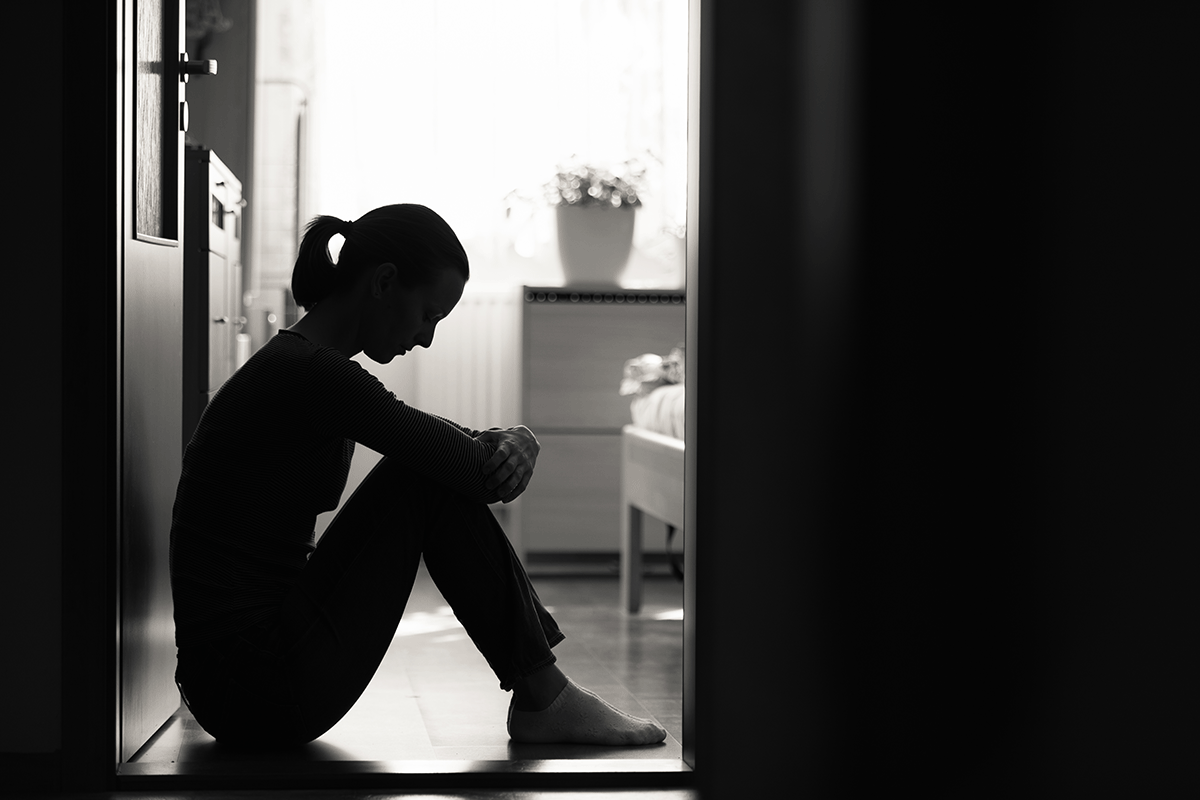
What is the link between bipolar disorder and substance abuse? If you or a loved one struggles with bipolar disorder, you know it can be hard enough to manage your moods from one day to the next. Add drug and alcohol abuse, and the picture becomes much more complicated. Addiction can make the symptoms of mental health issues worse and can create a cycle that is difficult to break. Once you understand the connection between bipolar disorder and addiction, you'll know why substance abuse isn't the answer. You will also understand how bipolar disorder treatment is essential for a successful recovery.
This mental health condition is characterized by extreme changes in mood and energy levels. These changes can take place from day to day or week to week. People with bipolar disorder can also suffer from compromised cognitive functions along with dramatic mood fluctuations. During periods of mania, they might experience feelings of euphoria, which can cause individuals to make dangerous decisions. On the other end of the spectrum, bipolar disorder can involve periods of depression. During times of depression, individuals might feel hopeless or lose interest in activities they once enjoyed.
People with any mental health disorder have a higher chance of developing an addiction. It doesn't matter if it's depression, anxiety, or bipolar disorder. In many cases, they try and self-medicate with drugs and alcohol when they find it too difficult to cope with symptoms of the disorder.
When someone is in the middle of a manic phase, their brain is racing. Therefore, they may abuse depressants like alcohol to create feelings of relaxation. However, when an individual is in a depressive low, they may turn to stimulants to boost their energy. They may do this even if they have prescribed drugs from their doctor if they feel that the medication doesn't act as quickly as they want it to.
By abusing drugs and alcohol, both bipolar disorder and substance abuse become worse, as addiction has a negative impact on mental health.
The combination of bipolar and substance abuse can make treatment challenging, but it's entirely possible to address both issues. Addiction specialists who have experience in dual diagnosis will understand the most appropriate ways to approach bipolar disorder treatment.
Mood-stabilizing medication may be required, along with evidence-based therapy like cognitive-behavioral therapy (CBT). With proper care, bipolar disorder can be managed effectively. A carefully managed approach can give people with this disorder a new lease on life. They'll see that using drugs and alcohol to cope with depression or mania is not the answer, particularly since it can exacerbate the symptoms of bipolar disorder.
San Antonio Recovery Center offers addiction treatment programs designed to help you overcome drug and alcohol dependency. Our treatment methods stem from the 12-step philosophy. We believe in providing affordable rehab because everyone deserves the chance to be healthy and sober. If you are struggling with bipolar disorder in addition to addiction, our treatment center offers a dual diagnosis treatment option that can help you recover.
In addition to our dual diagnosis treatment programs, our services include:
Drug rehab is a type of addiction treatment that aims to help people who are dealing with drug or alcohol abuse. The main goal of this form of therapy is to get rid of the physical and psychological dependency on these substances. By doing so, patients can finally achieve full recovery.
Inpatient drug rehab programs are designed to help people recover from the disease of substance use disorder. This is accomplished by providing a safe and supportive environment for patients. By separating patients from their everyday life and work responsibilities, they are able to focus on getting better without the stressors of daily living.
A 90-day treatment program is a highly structured and intensive form of treatment that focuses on helping individuals overcome their addiction to drugs or alcohol. This type of program typically combines a variety of different therapeutic approaches, including individual counseling sessions, and group therapy.
Intensive outpatient programs, also known as IOPs, are designed to help individuals dealing with addiction or substance abuse. IOPs offer a combination of treatment methods and therapies, including group counseling sessions and individual therapy. Inpatient rehab programs require individuals to live at a facility for the duration of treatment. In contrast, IOPs are designed to help individuals maintain their regular schedule while participating in addiction treatment.
Aftercare treatment is a crucial part of the recovery process for individuals who are struggling with addiction. This type of treatment provides individuals with the support and guidance that they need in order to stay on the path toward recovery. Some of the different types of services that are often provided as part of aftercare treatment include individual counseling, group therapy sessions, support groups, and sober living arrangements.
By combining advanced treatment models and accurate diagnoses in a safe, supportive environment, we give each client an excellent recovery opportunity. If you are ready to find hope for the future and the healthy coping skills you need each day, reach out to San Antonio Recovery Center today at 866.957.7885 or contact us online.
contact us now!
